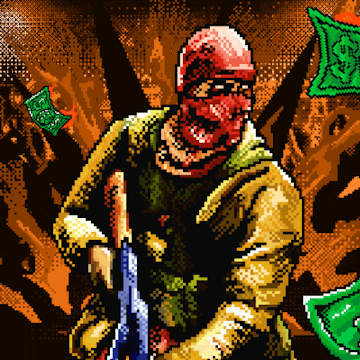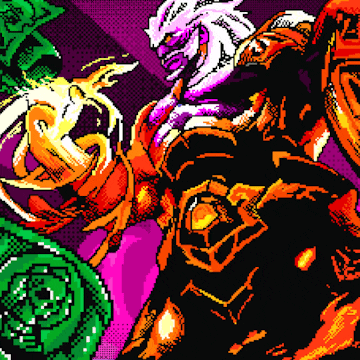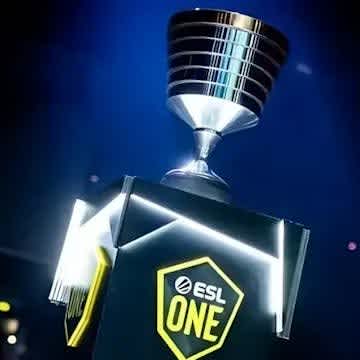NRG Style Proves That 'Playing it Safe' is More Dangerous Than You Think
NRG is a pretty good team. With a strong fragging core and a deep stratbook, this rising team certainly breaks the NA mold. That said, I contend that daps and company have gone too far in becoming the antithesis of the belligerent pug style of stereo-typically assigned to their region. In developing a careful style in the hopes of minimizing mistakes, NRG have ironically increased the risk of their defaults through passivity.
Before I get yelled at, I am not suggesting that NRG are incapable of aggression. Much to the contrary, this team has become increasingly willing to adapt by calling fast executes or aggressive CT pushes, something for which the team as credited new coach ImaPet1. However, this aggression tends to come in the form of set early-round strats used to adapt to the opponent’s play, rather than their go-to playstyle. Rather, comfort for NRG usually manifests in passive defaults and CT setups, which will eventually mean performing an execute or defending one.
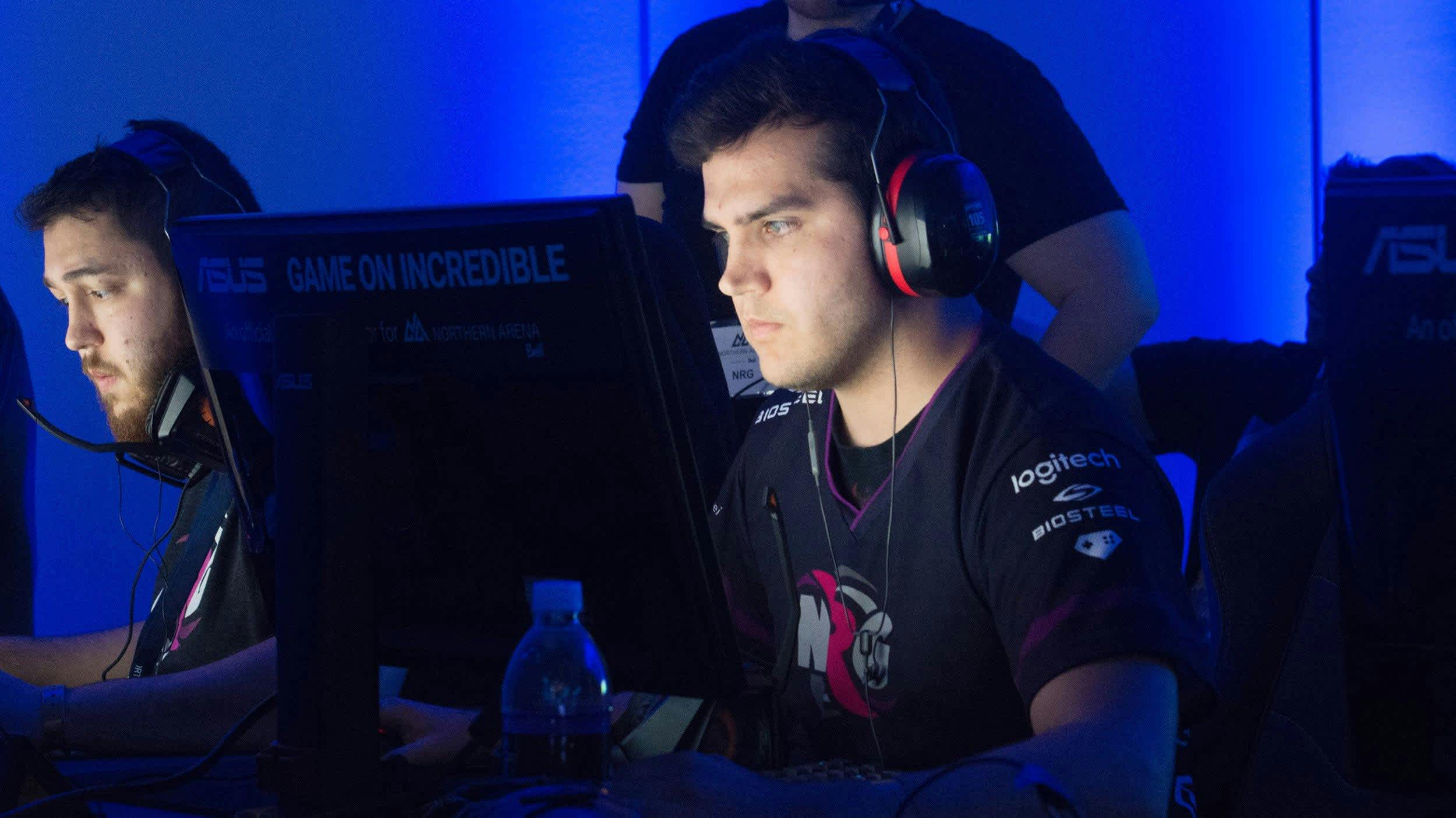
NRG’s basic style is essentially a shield: great for protection against aggressive swings, but so great for aggression of their own. This has been an effective strategy for NRG in many occasions. For one, they don’t gamble through individual plays, which leads to fewer early man-disadvantage situations. Defensive play has given NRG a tool to counter aggressive plays, which can be incredibly useful against teams like Space Soldiers or FaZe. For these reasons, NRG has rightfully been celebrated as a fresh break from the typical team carried by three young stars.
The interesting fault defensive play has is that it increases one kind of risk while reducing another. While the risk of getting picked off before the execute can materialize is greatly diminished, the risk of the execute getting stunted by aggressive positioning by the opponent is greatly increased.
Take for example this T side default by NRG against North with 55 seconds left in the round.
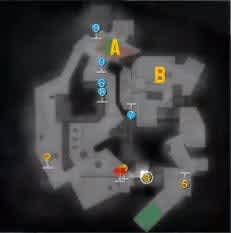
Each player is ensuring that CT plays are shut down. Monster, Fountain, and Connector are all being defended by the T side. At about 1 minute, the long player starts to gain some map control, but the goal of this mid-round is clear: don’t get caught off guard. The risk of death is reduced, and five players remain for NRG. Notice, however, North’s CT setup in reaction to this passivity. MSL and Valde pushed sewers together, and Valde is now holding Monster from the Connector door. This allows North to rotate two players back into A for a four-stack hold close to site.
Given NRG’s positions, there is no way for them to know that Valde is alone nor that he is playing so far up. So when daps calls a B hit with 28 seconds left in the round, they forget to check sewers and give up a kill without the possibility of a trade. Given his forward position Valde is able to call a rotate early, and mertz is already near heaven with the AWP before NRG can even cross monster.
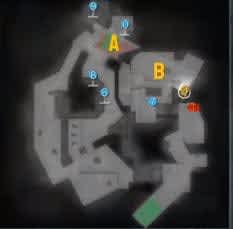
Mertz gets a pick on a player entrying the site, brehze dies lurking in Bathrooms, and Valde throws pushes his own smoke to close out the round with the final two kills.
This round loss for NRG wasn’t a consequence of missed shots, botched nades or individual heroics by North. They lost this round because of the space they gave away around contested areas, specifically Connector, Sewers and Monster. In a way, NRG even got lucky by calling a B hit against a single player, and despite this they were not competitive in the round. Passivity created the risk of a near certain loss. Had North not taken Sewers so confidently, NRG would’ve been able to unleash a B execute. Yet the absence of map control meant that North might take the map control given away by NRG, and therefore win the round with ease.
Fortunately, NRG is a very smart team, and they adapted to this Sewer problem in the second half of their T side on this map. However, while adapting is certainly helpful, NRG’s passive play can be frustrating to watch. Through no more than positioning, they can get completely locked out of rounds if the enemy team catches on. By being capable of aggressive set strats, NRG have already overcome this problem in part by being able to react when they are exploited. The next step will be to develop more fearsome defaults in the early-to-mid-round that maintain the element of safety by methodically taking map control before most executes in order to remove the burden of risky decision-making from themselves and onto their opponent.

